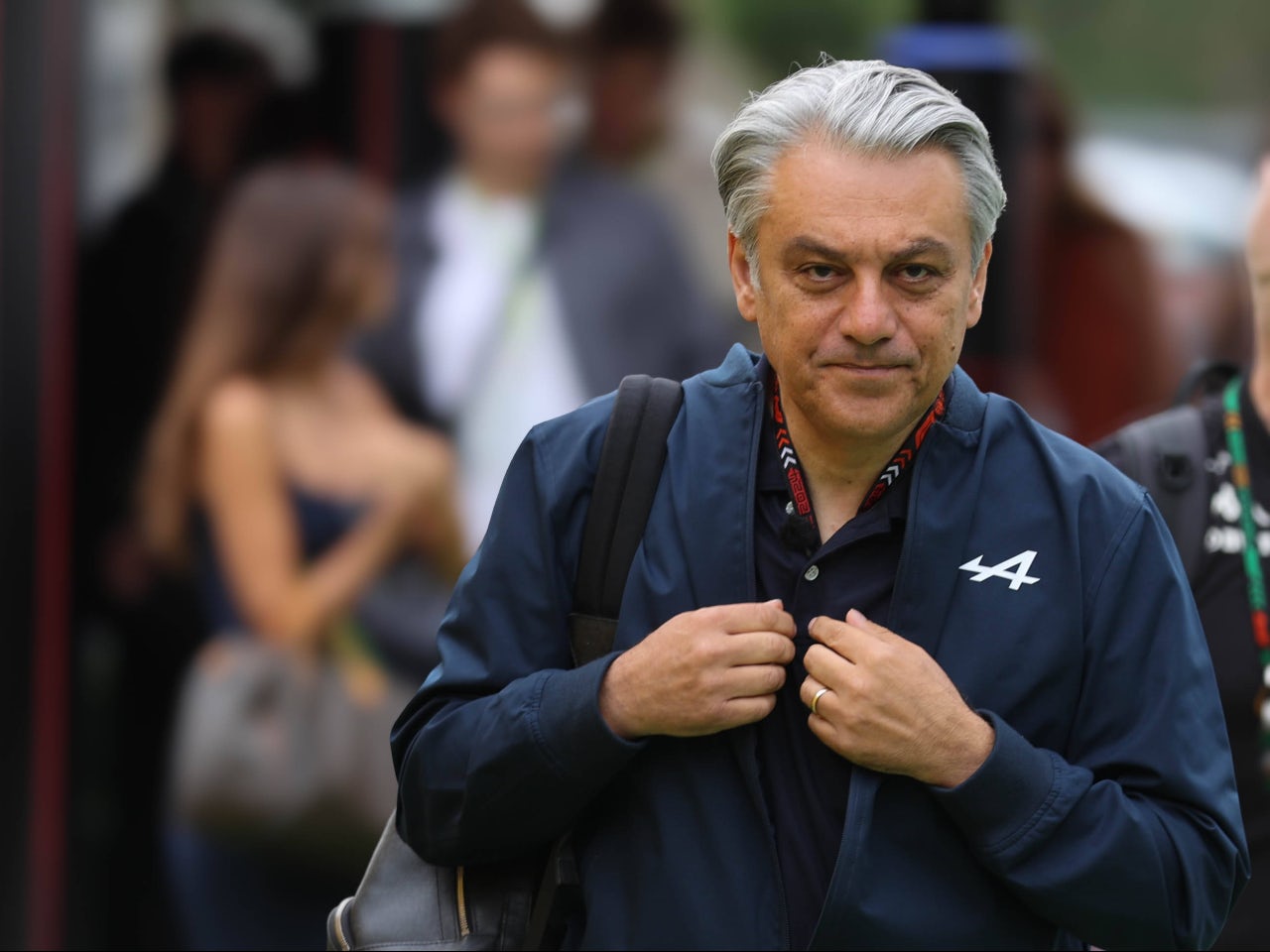Bernard Dudot, a figure closely associated with Renault's history in Formula 1, hopes the French automaker remains open to a return to the sport in the future.
Renault recently announced that it would halt development of its 2026 works engine for Alpine, instead shifting focus to the creation of an "F1 monitoring unit" based at Viry-Chatillon's rebranded 'Alpine Hypertech' facility.
The unit "will aim to maintain employees' knowledge and skills in this sport," according to a statement from Renault.
Renault CEO Luca de Meo told L'Equipe, "There will be an F1 technology group to think about the next (F1) engine regulations cycle after 2030."
Dudot, who played a significant role in Renault's F1 engine program from the mid-1970s to Fernando Alonso's championship-winning years, expressed his disappointment that the 2026 project would not come to fruition. "The current project was very promising," he lamented to Auto Hebdo.
"All of this is very disappointing. The problem is that F1 in the hands of a large group like Renault is always an adventure whose outcome is very uncertain."
The 85-year-old noted that longstanding members of Renault's F1 team have "come to expect" that upper management might occasionally withdraw from the sport only to re-enter later. "You have to expect shocks of this type that are episodic, that sometimes don't last, that reveal other things, that allow you to change direction or come back again," said Dudot.
He emphasized the toll that the company's exit has taken on the Viry-Chatillon facility, which was dedicated solely to Formula 1. "People who work in F1 know this, but it remains a huge loss. Everything at Viry-Chatillon was put there for Formula 1 alone. It is a blow to French motorsport, but as we have already seen in F1, there are always unexpected twists and turns.
"Opportunities will arise again."
Dudot welcomed the establishment of the 'F1 monitoring unit,' which could pave the way for a swift return to engine development when the timing is right. "I am pleased to see that a monitoring unit is being set up," he said.
"That is what will allow us to return in the best possible conditions the day when, for one reason or another, the president – Luca de Meo or someone else – changes his mind. It will then be possible to get the machine going again fairly quickly.
"De Meo has every interest in putting Viry in a position to be able to return as soon as possible."
However, he cautioned that the monitoring unit must be adequately supported to be effective. "This monitoring unit must be able to do its job in the best possible conditions, and that requires a minimum of human, technical and financial resources," he said.
"Without these resources, it is all smoke and mirrors."







